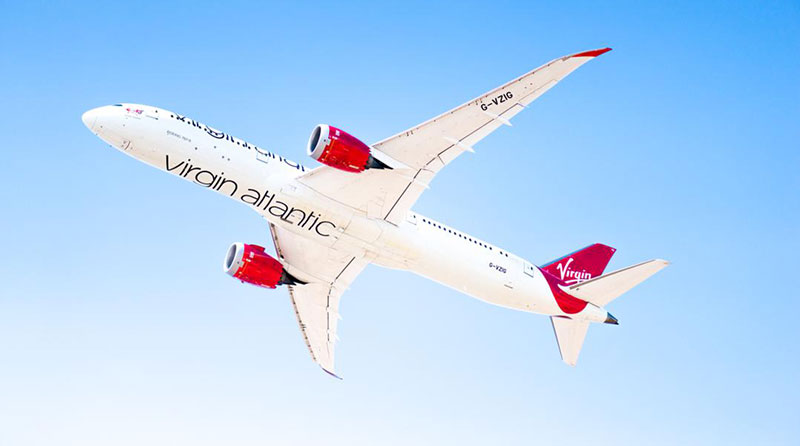Virgin Atlantic and Rolls-Royce Power Historic 100% Sustainable Aviation Fuel Flight
Rolls-Royce celebrates a monumental milestone with Virgin Atlantic’s Flight100, the first-ever widebody flight across the Atlantic powered by 100% Sustainable Aviation Fuel (SAF). This historic flight, operated using a Boeing 787 and Rolls-Royce Trent 1000 engines, underscores a year of pioneering collaboration aimed at showcasing SAF as a safe alternative to traditional fossil-derived jet fuel.
The achievement is the result of a radical collaboration involving a consortium led by Virgin Atlantic, including Boeing, Rolls-Royce, Imperial College London, University of Sheffield, ICF, Rocky Mountain Institute, and support from the Department for Transport.
SAF plays a vital role in decarbonizing long-haul aviation, providing a viable pathway toward achieving Net Zero 2050. While technologies like electricity and hydrogen remain distant, SAF is immediately deployable. However, its usage currently accounts for less than 0.1% of global jet fuel volumes, with standards allowing only up to a 50% SAF blend in commercial jet engines. Flight100 highlights that scaling up SAF production requires swift policy measures and substantial investment from both industry and government.
Virgin Atlantic’s Flight100 also seeks to assess the impact of SAF usage on non-carbon emissions, with research conducted in collaboration with consortium partners. This investigation aims to enhance understanding of SAF’s effects on contrails and particulates, influencing flight planning processes.
The SAF used in Flight100 comprises an 88% HEFA (Hydroprocessed Esters and Fatty Acids) and 12% SAK (Synthetic Aromatic Kerosene) blend, sourced from AirBP and Virent (a Marathon Petroleum Corporation subsidiary), respectively. This combination ensures the required aromatics for engine function. Achieving Net Zero 2050 demands comprehensive innovation across feedstocks and technologies, requiring significant investment and research to introduce zero-emission aircraft to the market.
Rolls-Royce has recently confirmed the compatibility of all its in-production civil aero engine types with 100% SAF, affirming no engine technology barriers to its use.
The monumental Flight100 demonstrates a significant leap toward aviation’s net-zero carbon emissions goal, proving SAF’s viability as a sustainable alternative for long-haul flights.


